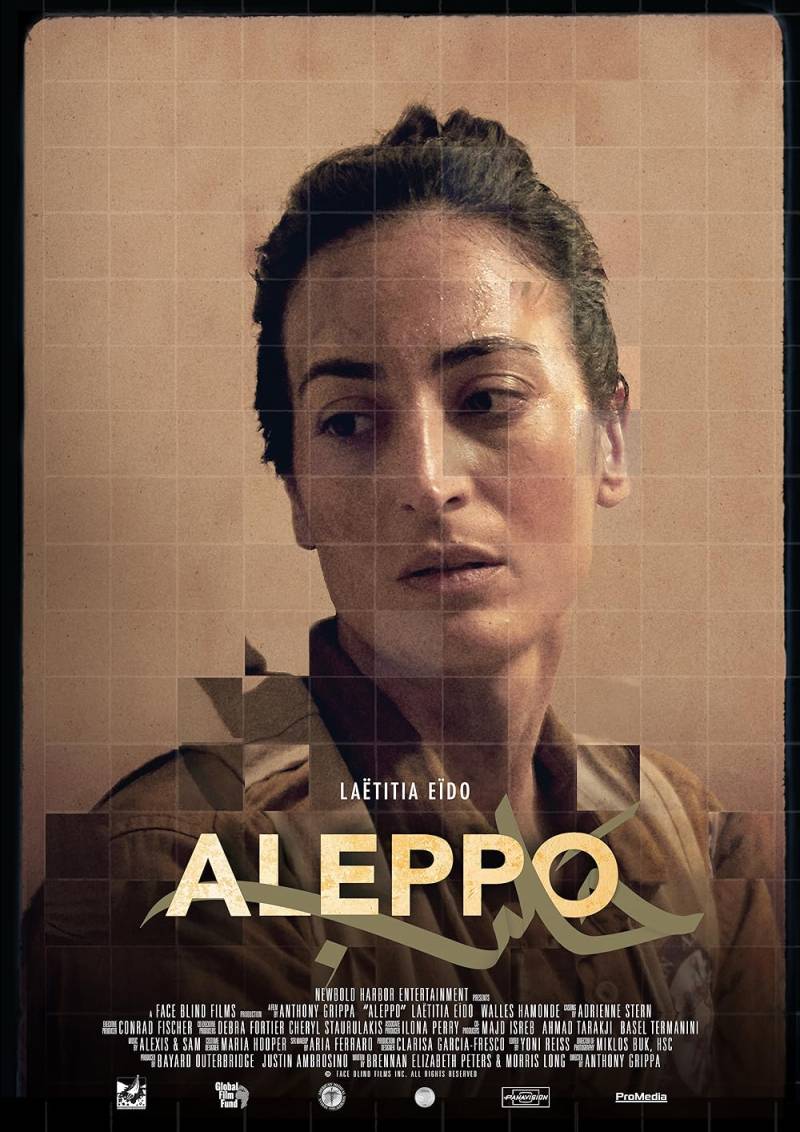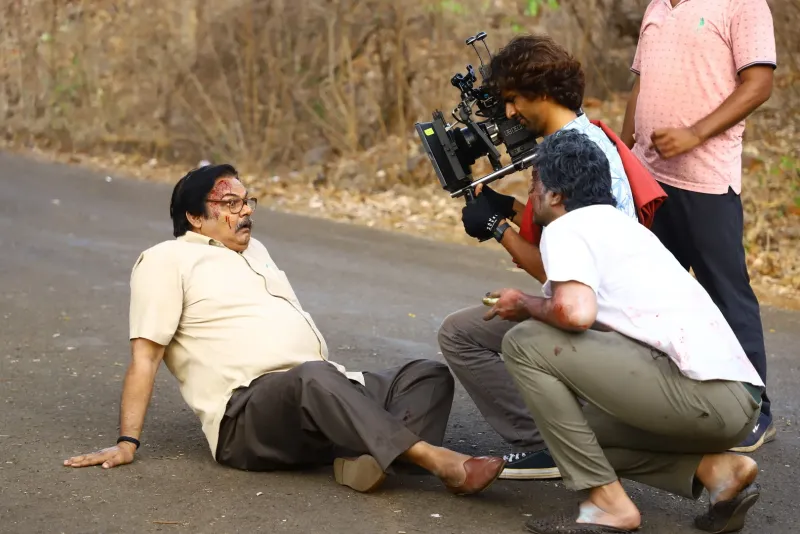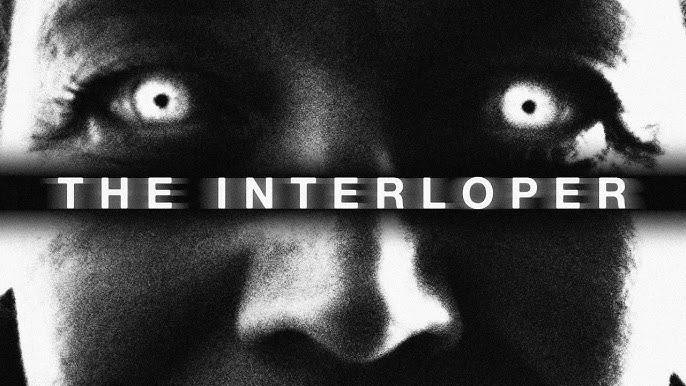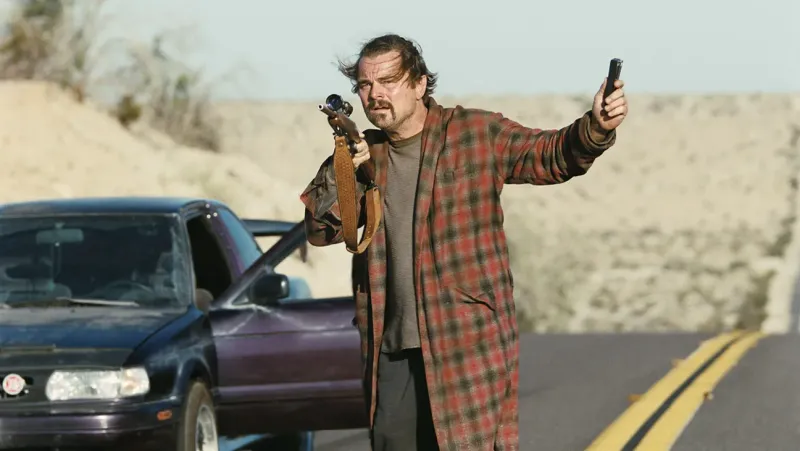Hanan is a Syrian-American doctor, living and working in New York at a hospital ER. But some time ago, she returned to Syria to help victims of war but found herself with a traumatic head injury after her ward was bombed. Now she is face-blind, unable to recognize the faces of even those closest to her. Her condition confuses her and keeps her feeling isolated from her co-workers, friends and loved ones. Haunted by trauma and struggling to adjust, she must re-learn to navigate the world. But as this process gets more difficult, she must confront how much she and her life has changed, putting her identity and her future as a doctor in doubt. Directed by Anthony Grippa from a script co-written by Morris Long and Brennan Elizabeth Peters, this powerful short drama depicts the Syrian war briefly, but the layered, nuanced narrative focuses more on the aftermath of conflict and how it lives within those affected by it. It is also an incisive portrait of someone grappling with the scary, often overwhelming effects of head trauma, offering an intimate immersion into how it keeps its sufferers isolated, uncertain and unconfident in themselves.

Related article - Adeola Patronn - Ready Or Not

The scale of the narrative is ambitious in many ways for a short, toggling between Hanan's time in Syria as a doctor to her present-day working at a hospital in New York. Structurally, the writing creates a bit of a puzzle box at first, establishing Hanan's current post-traumatic state of isolation as we observe her face-blindness's effect on her relationships with others but flashing back to her time in Syria at intervals. Hanan emerges as a dedicated doctor, passionate about helping others and incredibly good at doing her job, even in the most challenging of circumstances. But the hospital bombing is a turning point for Hanan, and it's rendered in the film with a visceral, startling power that allows us to understand the harrowing confusion and trauma of being seriously injured during war when everything is falling apart and there is no sense of safety anywhere. Hanan carries both the effects of her injury and the deeper psychological trauma into her post-war life, conveyed with a clear but moody visual melancholy that evokes her loneliness and depression. As Hanan, actor Laetitia Eido conveys Hanan's essential strength and intelligence, but also a piercing vulnerability when that strength falters. Hanan attempts to power through and stay strong as she's always done -- but that approach isn't working anymore. Facing the possibility that she might leave her profession, Hanan must confront her memories and her truth to move forward. In doing so, "Aleppo" also honors the doctors and medical personnel who confront the direct costs of armed conflict, as well as anyone finding their way back to themselves and callings after life-altering injuries.



